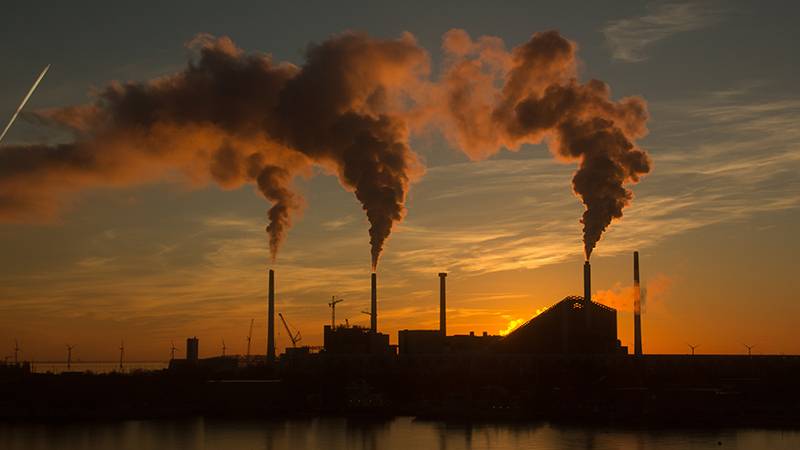Canada, a leading oil producer, is urging the United States and other major economies to fulfill their commitments to phase out “inefficient” fossil fuel subsidies, a move seen as crucial in the fight against climate change. Despite the growing climate crisis, subsidies for fossil fuels reached record levels last year, with G-20 nations surpassing $1 trillion in subsidies for the first time in 2022, a fourfold increase since 2010.
Canada is striving to be the first G-20 country to actualize its promise, aiming to meet a 2025 deadline set by the Group of Seven richest economies. Steven Guilbeault, Canada’s minister of environment and climate change, expressed confidence that other countries would follow Canada’s lead if it succeeds. Canada’s Liberal government has already approved guidelines to determine what constitutes “inefficient” subsidies, which are to be eliminated as per the G-20 pledge.
However, the global scenario is fraught with challenges. The ongoing conflict in Ukraine by oil-rich Russia has disrupted international markets, leading to soaring energy costs and civil unrest. Governments worldwide spent $500 billion last year to subsidize consumer energy bills. In the United States, President Biden’s proposals to end fossil fuel subsidies have faced stiff opposition, with GOP lawmakers blaming such proposals for rising pump prices and inflation.
The U.S. primarily grants subsidies in the form of tax breaks to companies, allowing energy producers to lower production costs through credits and deductions on expenses. Rolling back these subsidies is complex due to their impact on consumers and inflation, and the Biden administration is still working to unravel this intricate system.
Countries like India, France, Germany, and the United Kingdom have also implemented various subsidy measures to aid their citizens, such as paying for propane for the poor, freezing electricity and gas retail prices, covering heating bills, and cutting fuel duty. Before 2022, subsidies were on a decline, reaching less than $200 billion in 2021, but G-20 nations alone spent a record $1 trillion in 2022, primarily aiding consumers.
As world leaders meet in New York this week for the U.N. General Assembly, some countries and activists are prodding G-20 nations to make good. The Alliance of Small Island States, a group of 44 islands and low-lying coastal states around the world that act as a bloc at international climate talks, said action to end these subsidies was one of their top priorities.
The International Monetary Fund estimated that the global tally of subsidies, including “implicit subsidies” representing environmental costs not borne by producers and consumers, surpassed $7 trillion last year. The International Energy Agency warned that cheaper fossil fuels reduce the incentive to switch to cleaner energy and that many subsidies do not reach the poorest consumers.
The lack of progress in reducing subsidies has been criticized, with G-20 countries, responsible for 78% of the world’s planet-warming emissions, being accused of squandering trust and failing to expedite the shift to cleaner energy. The upcoming U.N. climate summit in Dubai, COP28, could see the subsidies issue becoming a focal point of negotiations. Canada and its allies face the challenge of convincing both small states and major oil producers that their proposals are equitable.
According to The Washington Post, Canada’s plan has faced criticism due to exemptions in the government’s phaseout of subsidies and the forecasted growth in Canada’s oil output. The Trudeau government is emphasizing the need for the industry to reduce emissions, but critics argue that the exemptions undermine the government’s commitment to phasing out fossil fuels.
In conclusion, the escalation in fossil fuel subsidies amidst the looming climate crisis underscores the urgent need for major economies to honor their commitments to phase out such subsidies. The upcoming international climate talks present a crucial platform for nations to align their policies with their climate goals and to address the disparities in subsidy allocations, ensuring a fair and sustainable transition to cleaner energy sources.
More inspiring green news similar to this:


